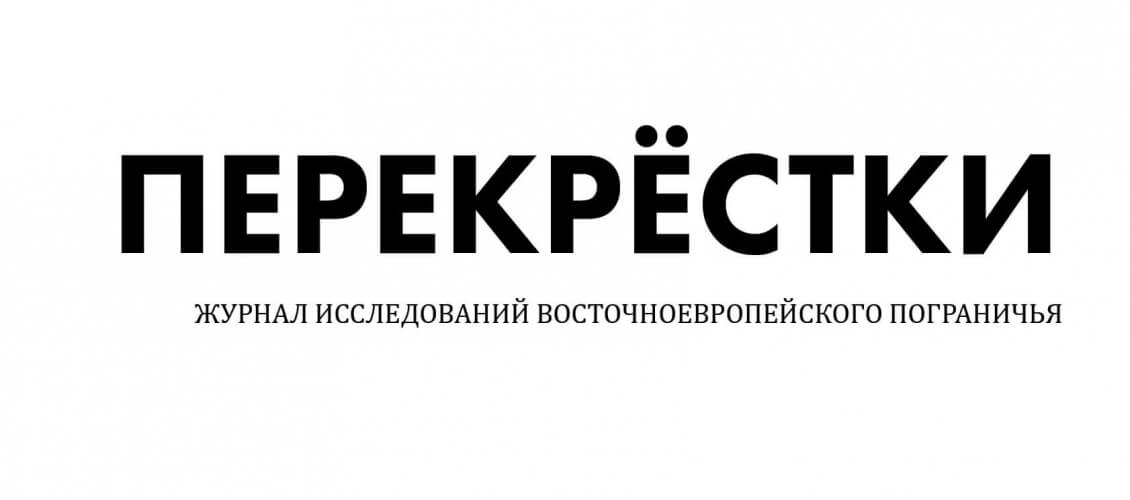How is control designed in games? How it is executed in playful forms? In real life, game design techniques may become an aid against the boredom of a workplace and even a therapeutic tool to ‘gamify’ crippling depression. In-game production, technologies of control easily slip into thinly veiled exploitation, from crunch schedules of creative workers to unpaid fan labor of gamers themselves. To learn when control becomes oppressive, we need to talk about darker sides of seemingly fun and playful cultures.
In the search of answers, we turn to social and political contexts of making and playing video games. This includes the identity of a gamer and its transformation on the manifold margins of gaming, as well as in populous, vibrant and laborious communities of social casual games. Online discussions lead to new communication strategies to construct, reclaim and negotiate cultural meanings in games and around them.
Communication in virtual worlds becomes as important and intensive as in real worlds, but it can also be toxic and harmful, violent and controlling. Is it possible, or necessary, to control virtual worlds? At least, we need to learn to deal with interventions from their darkest corners, as social and cultural effects of newly constructed identities have long broken the ‘magic circle’ of a game.
Finally, there is the visual, textual and procedural language of violent games: barbaric and fascinating. What do violent games communicate? What lurks from behind the gruesome image – is it “the evil within” or just a media effect? What are the relations between visual representation, action, and simulation? Non-quantifiable, pluralistic and culturally situated knowledge of the humanities can complement schematized authoritarian projects of procedural rhetorics, in which the game controls the player and persuades them to ‘be good’ – or to go bad, based on infamous self-reported accounts.
Violent games are not just misunderstood – they might be able to reach beyond understandable in humans. Ludic mediums and interfaces continue to challenge our ideas of power and control, and the radical gamer theory states that digitalization is violence done to reality if there is one. The game is taking control over the player, and new forms of violence emerge. In the end, are non-violent games even possible?
We invite papers that focus on digital and physical games as their main object of academic inquiry. Not limiting the scope to purist game studies, we hope to see more contributions from media studies, cultural studies, sociology, philosophy, and other related disciplines.
We encourage authors to submit articles on the following topics.
- Technologies of control in games and beyond;
- Ludic violence: a carnival, a ritual, a call to action?
- Exploitative game design and its moral implications;
- Gaming beyond control: addiction and digital gambling;
- The Player is absent: non-human and post-human agency in games;
- The many gender troubles of video game cultures;
- The Gamer Theory: when the reality is a game arena, and more.
Many of these topics have been discussed at workshops “Games and Gender”, “Games and Violence” and the conference “Games against Players” organized by EHU and the game research community “Games & Scholars”. Prospective authors are encouraged to check the agendas at the Games & Scholar’s website to get a better understanding of the work already done. The deadline for submissions is December 31, 2019.
We consider original articles (up to 40 000 characters), reviews (up to 20 000 characters) and authorized translations. This special issue accepts articles in English and Russian languages. All articles will be subjected to double-blind peer review.
Full guidelines for Crossroads can be found here.
Original articles and reviews should be submitted to Viktoriya Kanstantsiuk (executive secretary) via perekrestki @ ehu.lt
CORE TEXTS FOR DISCUSSION
- Condis, Megan. Gaming Masculinity: Trolls, Fake Geeks, and the Gendered Battle for Online Culture. Fandom & Cuture. Iowa City: University of Iowa Press, 2018.
- Mitchell, Liam. Ludopolitics: Videogames Against Control. Zero Books, 2018.
- Schott, Gareth. Violent Games: Rules, Realism and Effect. Bloomsbury Publishing USA, 2016.
- Sicart, Miguel. The Ethics of Computer Games. Cambridge, Mass: MIT Press, 2009.
- Wark, McKenzie. Gamer Theory. Harvard University Press, 2007.
